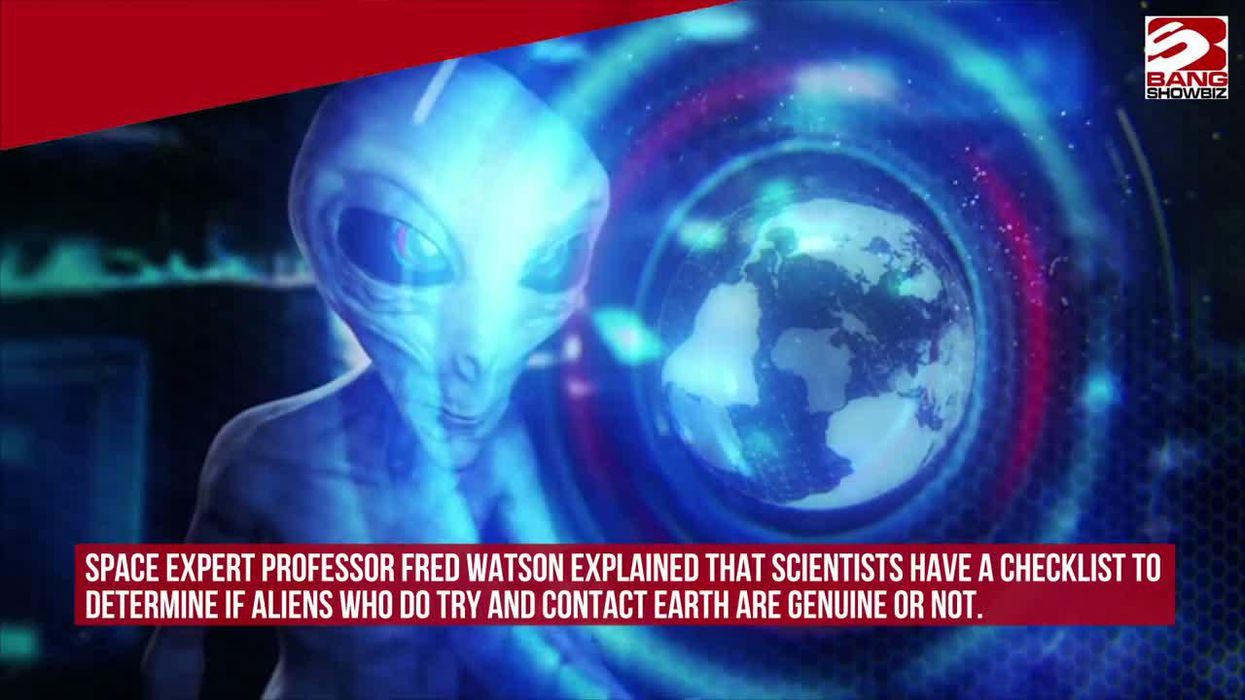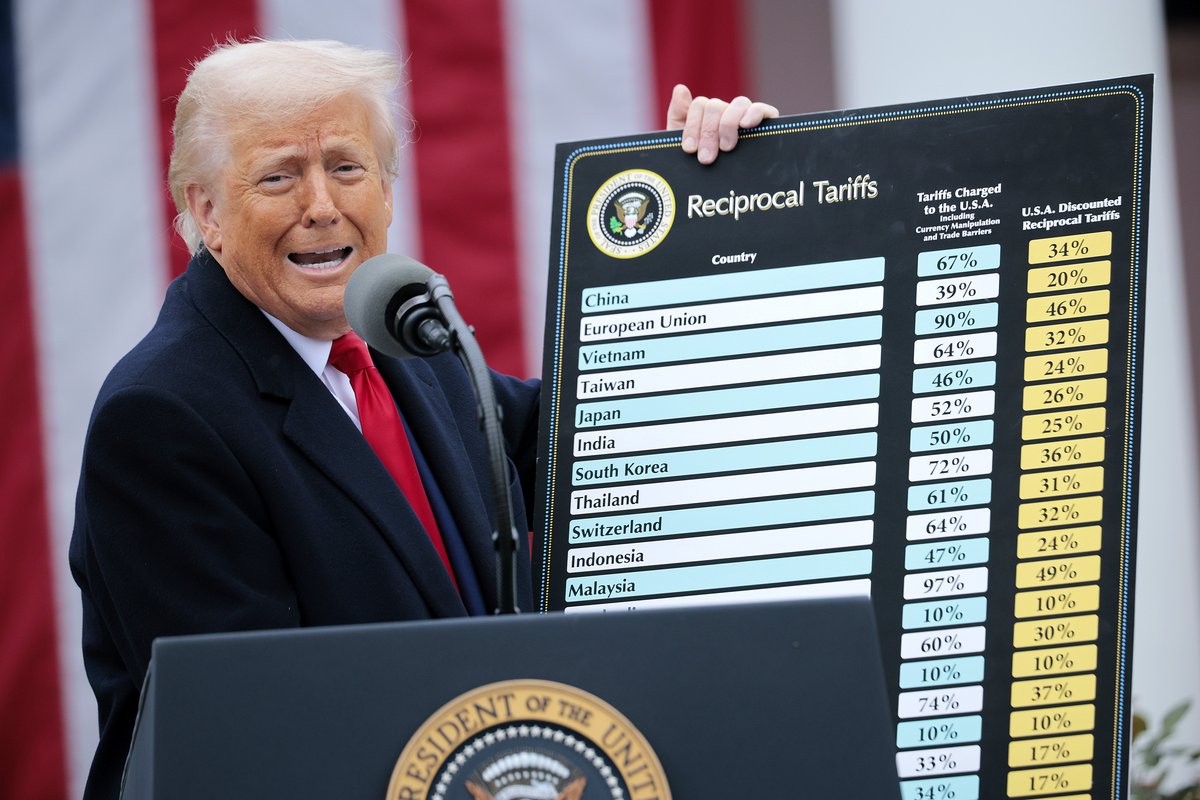Becca Monaghan
Jul 05, 2022
Space expert claims Earth has no plan in place if aliens make ...
Bang Showbiz
The US government has partnered with a private company with plans to send a nuclear fusion into space by 2027.
Dubbed the "Holy Grail" of energy sources, the process allows two light nuclei to merge to form a single heavier nucleus, and the leftover mass becomes energy. A nuclear fusion powers the sun and stars, as hydrogen atoms are forced together under enormous heat and pressure to form helium.
It is said to create the cleanest and most efficient forms of energy, and Avalanche Energy believe they have the answer with a small reactor called the Orbitron, reports Newsweek.
The Orbitron traps high-speed ions in a tiny orbit around a negatively charged electrode. Creators hope that by creating a small space, called an ion trap, they will have room to fuse.
"The smaller it is, the higher the frequency of those orbits are, so the more collisions you get," Robin Langtry, CEO of Avalanche, told the news outlet. "So for us, it almost wants to be small."
Sign up to our free Indy100 weekly newsletter
If they can overcome the many engineering challenges, the uses of the small reactor could be game-changing. "That gets you into this idea of a cell; a fusion cell, if you will," Langtry explained to the publication, adding that the cells could combine to form a bigger battery that produces a megawatt of energy output.
"As we bring the price down, more and more markets for something like this are going to open up," Langtry said.
"We'll start with a million dollars per kilowatt, I guess, because that's where commercial solar appears to be.
"Once we get down to $100,000 per kilowatt, there's probably more applications that open up there; aviation is an interesting one, drones, whatever. And then as you get down to $10,000 or $3,000 per kilowatt you start to become competitive with other forms of terrestrial energy, like fuel cells and batteries and stuff."
Have your say in our news democracy. Click the upvote icon at the top of the page to help raise this article through the indy100 rankings.
Top 100
The Conversation (0)














